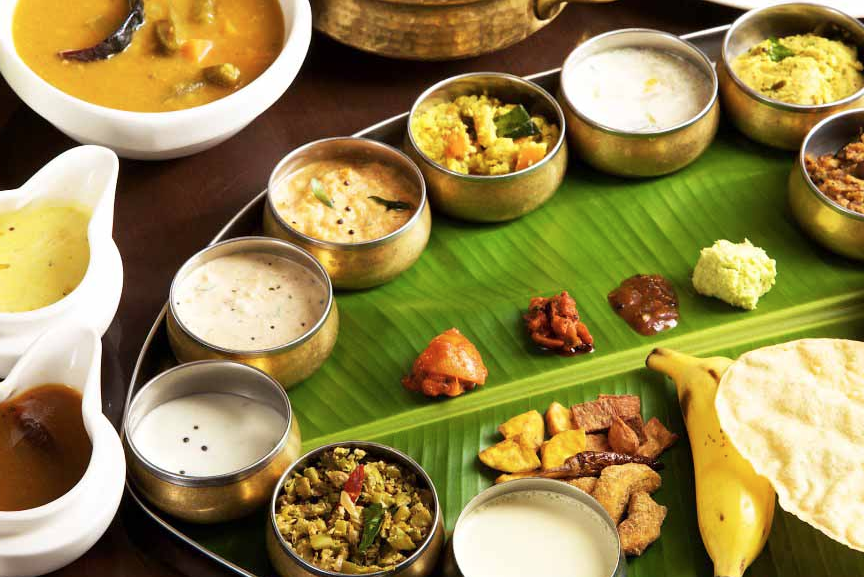Eco-tourism is more than a catch phrase for nature loving travel and recreation. Its real mission is to accommodate and entertain visitors in a way that is minimally intrusive or destructive to the environment, while sustaining and supporting the native cultures in the locations it operates in.
The overarching theme of our India 2016 Transformative Journey is balance through alternating currents – pairing excitement, adventure, outer exploration, and the hustle and bustle of the modern world with relaxation, tranquility, personal attention and care, inner exploration, and rest. We leave the busy port city of Fort Kochi behind, and move inland a bit to relax and unwind in the peaceful and unspoiled nature of Dewalokam, a working farm run on organic and eco principles.
Dewalokam is an example of ecotourism working according to its most fundamental principles. Sitting in the heart of the Kerala Spice Belt, the farm grows hundreds of spices and everything one could ever need in their kitchen or medicine cabinet: cinnamon, clove, allspice, turmeric, cardamom, ginger, curry leaves, campha, cinconia, lemongrass, frankincense, wrightia inctoria, sandalwood, nutmeg, pepper, chili, drumstick plant, coffee, star fruit, mango, pineapple, eggplant, gooseberries, jackfruit, long bean, cashews, cocoa and even their own beehives to make honey, which is served with breakfast each morning, and farm animals to make buffalo mozzarella, cow’s milk and farm fresh chicken eggs.
But that’s not all they do. The produce at the farm is grown with home-made compost; chickens and goats are fed on vegetable waste; the methane from cow manure is recovered to provide gas for cooking; and all the water is heated with solar power. Everything the farm produces is used in support of the guests and the local villagers who work the farm. It’s a completely self-contained ecotourist destination, and we’ll spend several days here in this sustainable, delicious and interactive paradise.
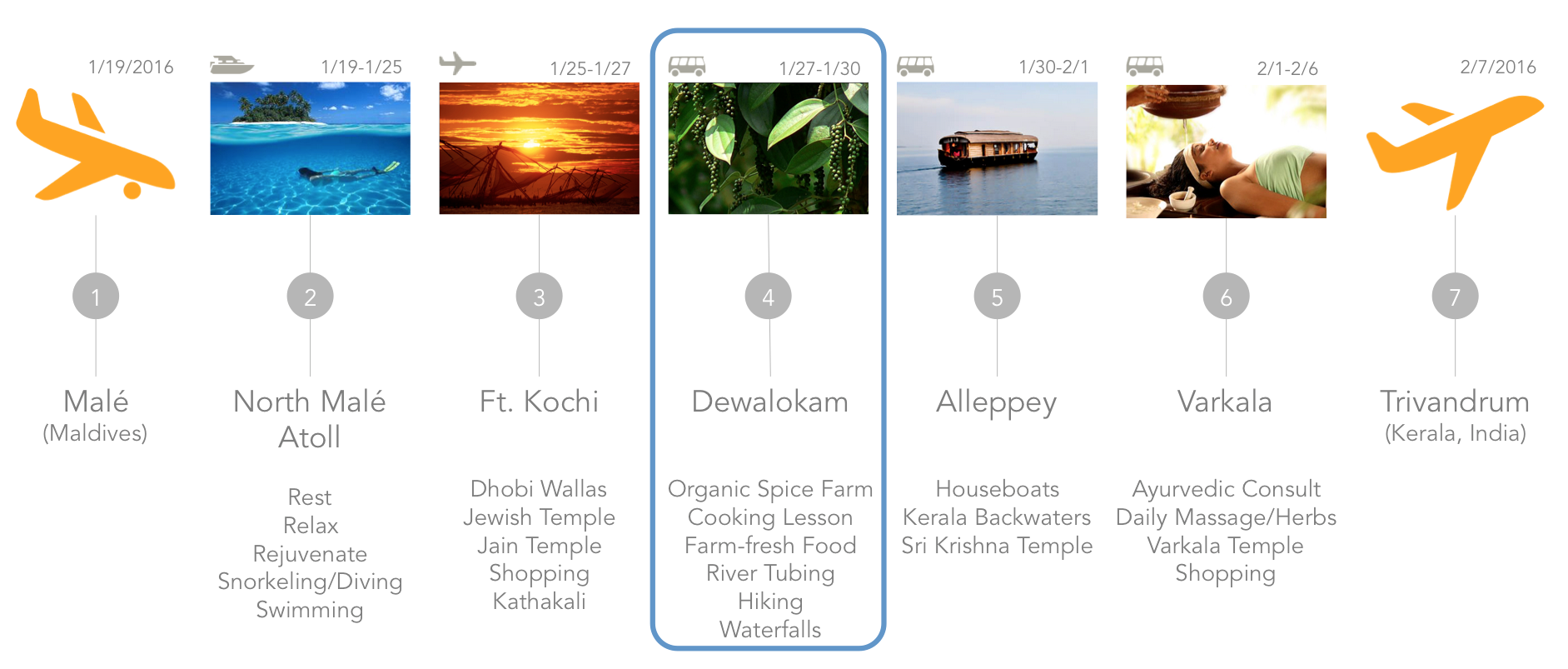
Our full India 2016 Transformative Journey runs from January 19, 2016 through February 7, 2016. A shorter option is also available starting January 25, 2016 in Ft. Kochi.
Kerala and Spice
Prehistoric writings and stone age carvings of neolithic age indicate that India’s South West Coast path, especially Kerala, had established itself as a major spice trade center from as early as 3000 B.C. The spice trade between Kerala and much of the world was one of the main drivers of the world economy. For much of history, ports in Kerala – especially Fort Kochi, as discussed in my previous post – were the busiest among all trade and travel routes in the history of the world.
Yet this trade did not come without its costs. States, armies, and men battled to control commerce in plants that grew like weeds in the rain forests of Kerala, but were valued like gold elsewhere on the planet. Risking the perils of the sea, they came to Kerala, fought, and died for pepper, cardamom, and cinnamon, among others.
“The history of Europe is the history of Malabar spice trade,” someone once said. In this segment of our transformative journey, we’ll step back into time, and into the origins of that history.
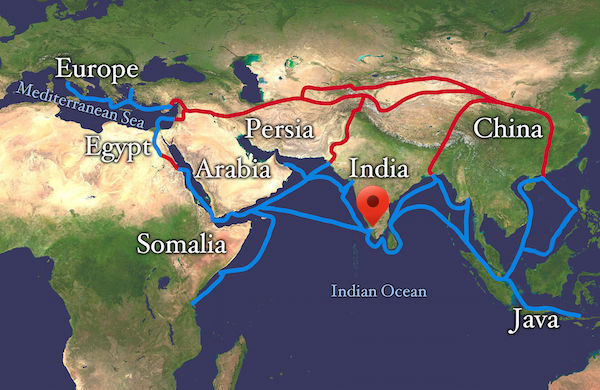
Kerala sits at the center of the spice trade routes shown in blue.
What to Do While You’re Here?
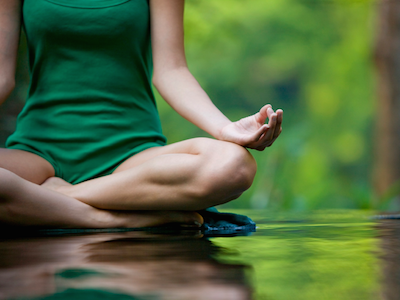
Yoga in the Garden
Yoga and meditation sessions will be conducted each day in the garden by Chiara and Barbra. Expand your practice and learn from these experienced yoga instructors.
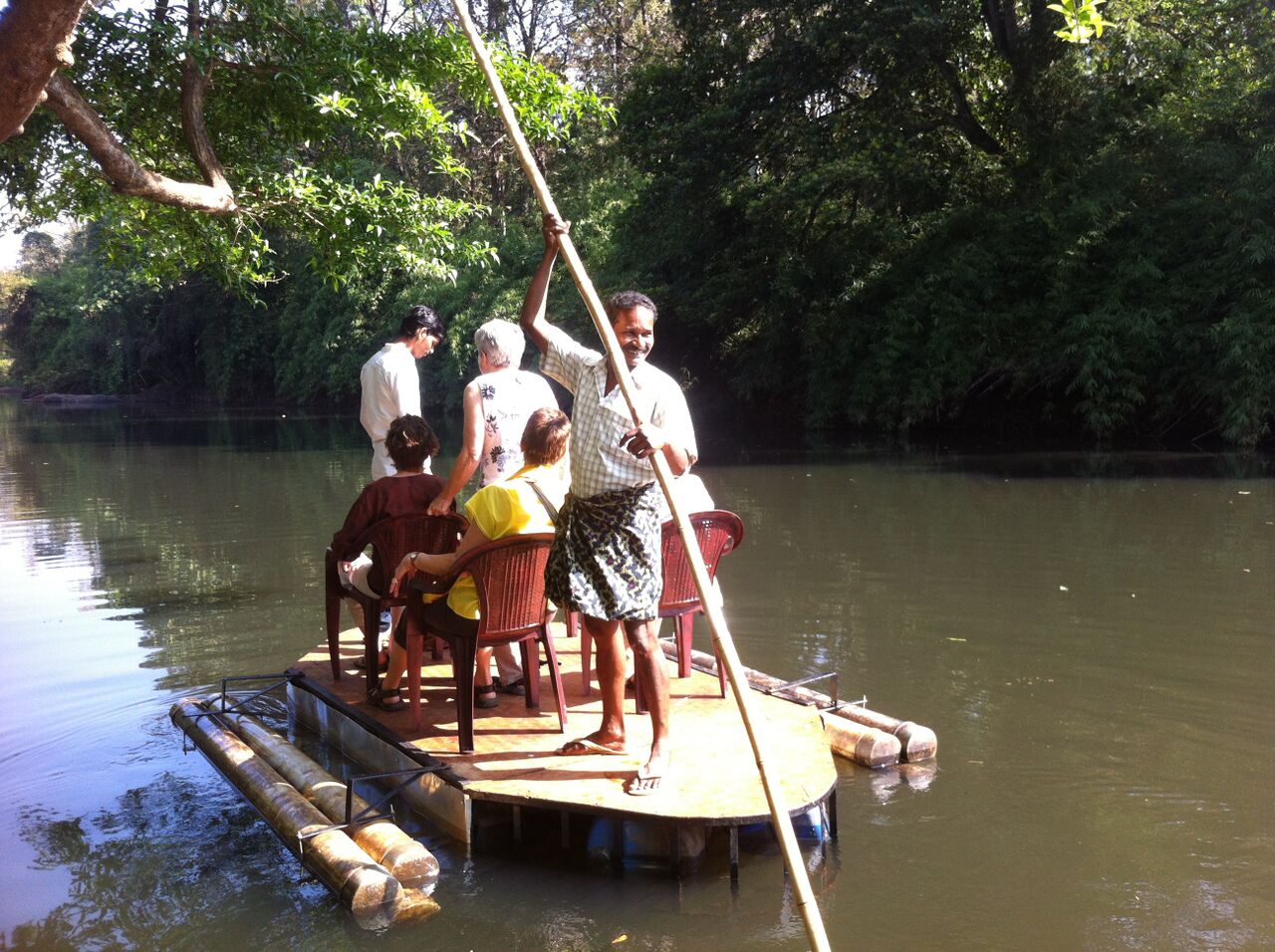
Bamboo Rafting
A leisurely bamboo rafting trip up the Kaliyar River – enveloped by the Udiki Forest Reserve – will immerse you in giant banana leaves and thick mangroves. Experience the calls of the oriole, racket tailed drongo, kingfisher, paradise flycatcher and sun bird. With over 60 bird species along its banks, you’re bound to see dozens.
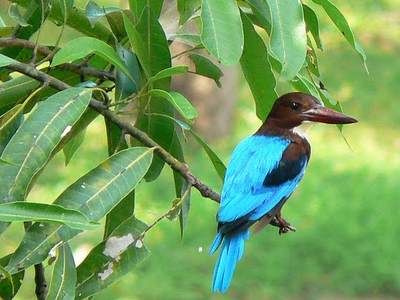
Forest Walk / Bird Watching
A walk through the surrounding forest and back through the rubber estate refreshes your mind and body alike. It’s a must-do at Dewalokam. If you’re a bird watcher, chances are you’ll see a wide variety of different species like this Kingfisher, or perhaps even a Hornbill.
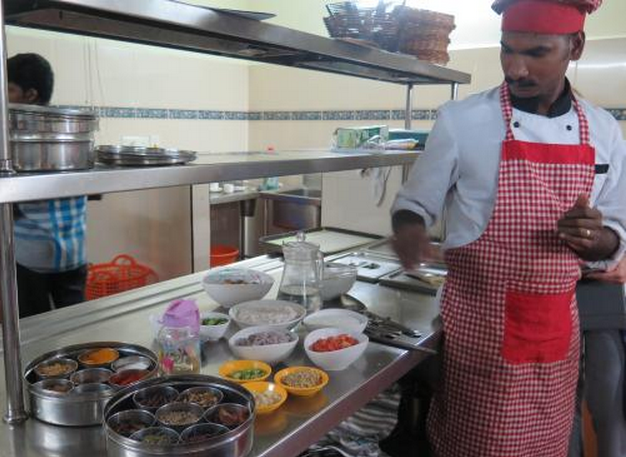
Keralan Cooking Lessons
Enrich your culinary experiences, and learn how to cook like a true Keralan with cooking lessons from the farm’s professionally trained and experienced chefs. All of the fruits, vegetables, and spices used in cooking for guests are grown right in Dewalokam. It’s a feast of Indian flavors!
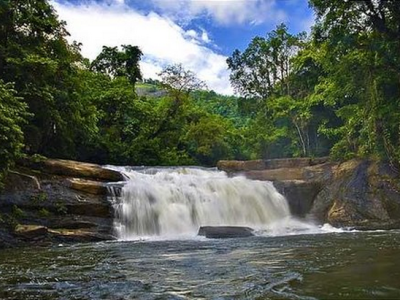
Thommankuthu Falls
Nearby Thommankuthu Falls is an ideal swimming and picnic spot. From Dewalokam we’ll travel 12 kilometers (7.5 miles) and then walk one kilometer (.6 miles) through pristine forest along the edge of the Kaliyar River, to reach the seven-stepped cascade, with smaller falls further upstream.
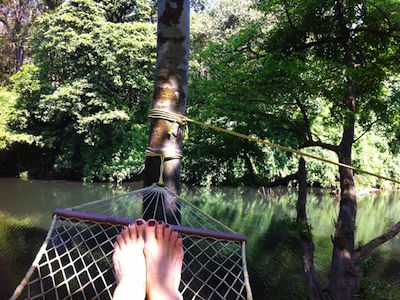
Relax
Lie in a hammock in the bamboo garden or next to the river, and contemplate the volume of nature that envelopes you. Feel any traces of stress that might linger melt away, as you become one with your surroundings. Let go of the “modern” world and take a step back to simpler times.
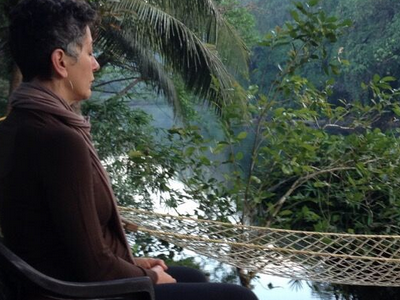
Personal Meditation
Balance the outer exploration with inner exploration. There are plenty of beautiful places within Dewalokam where one can find peace and solitude for thoughtful, personal meditation.
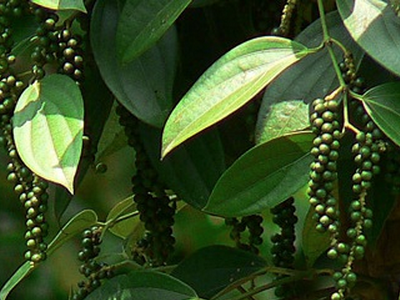
Spice Walk
Dewalokam is an organic farm that produces almost all the vegetables, fruits and spices. It also produces milk, honey, fish meat and eggs. A walk in the garden, smelling, tasting, watching enriches your earth experience. You see many of the spices growing and producing what you buy in the Department Stores.
In Need of Some Balance in Your Life?
Find out more about our India 2016 Transformative Journey that kicks off in the Maldives.
And look for more posts here in coming weeks with detailed information about the other stopping points on our trip.

